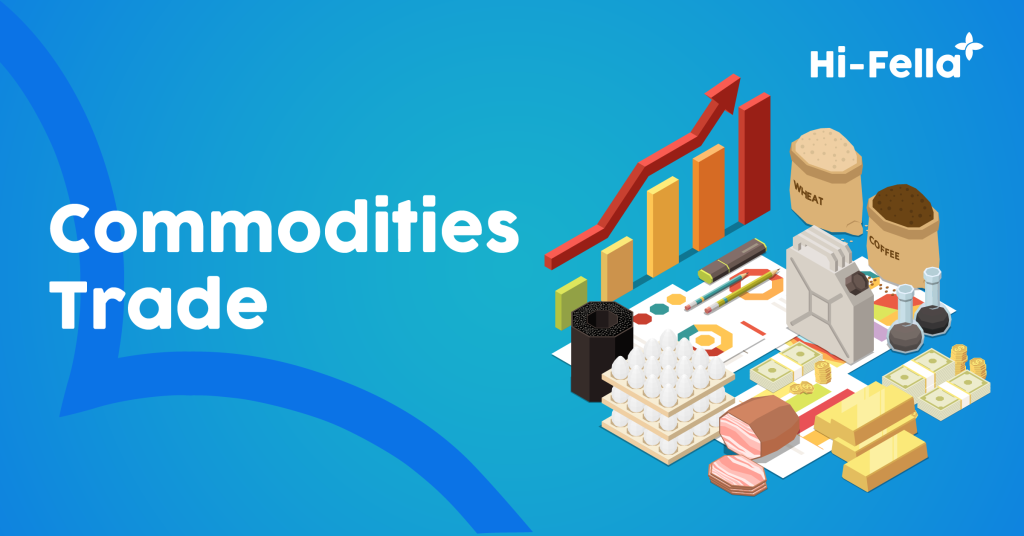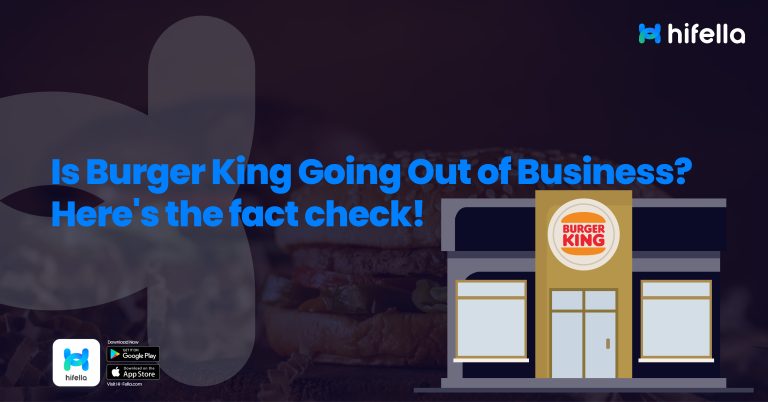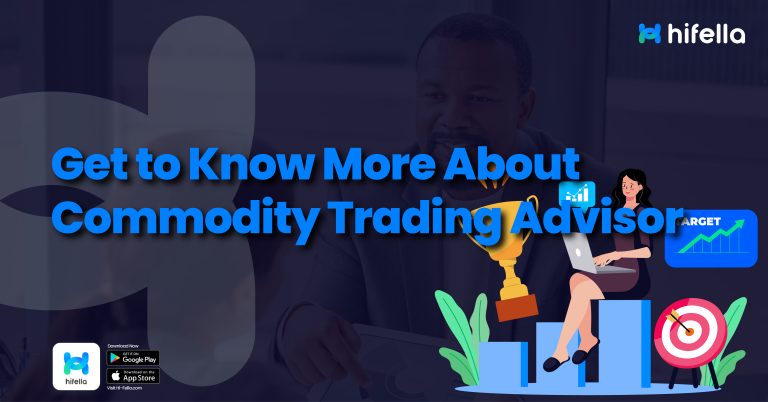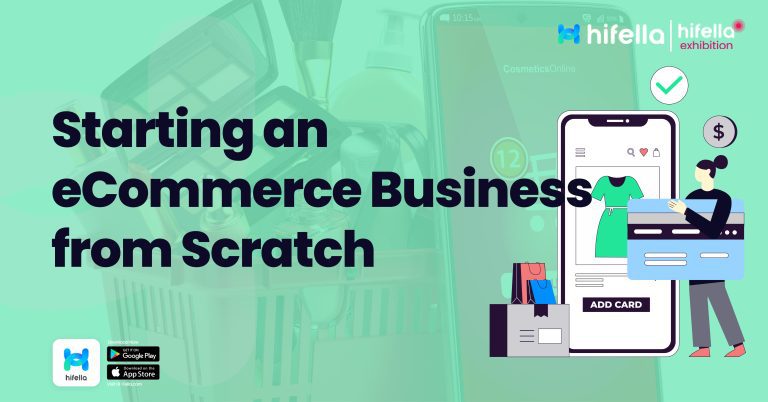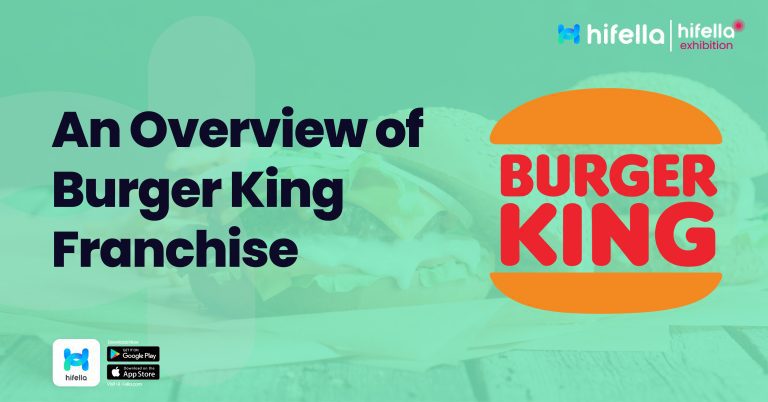Commodities trading has been one of the most effective ways to help countries grow and keep things moving smoothly. We sell primary goods to other countries, ranging from agriculture and energy to metals and minerals. From primary goods and raw materials to manufactured products.
As nations strive for economic growth and stability, the dynamics of commodities trade play a vital role in shaping supply chains, influencing prices, and shaping the trajectory of industries worldwide.
What can be traded in a commodities market?
Everything can be traded in a commodities market. From agricultural products, livestocks, energy, metals, and minerals. To make it simple, commodities are often split into two major categories. The first one is hard commodities. Something that must be mined or extracted is called hard commodities for example gold, rubber, oil, and many more.
If the first one is hard commodities, then the second one is soft commodities. Soft commodities include agricultural products and livestocks such as coffee, cocoa, sugar, corn, rice, pork, beef, fish, and many more.
Find and exlpore other commodities here.
What is the most traded commodity in the world?
There are so many commodities that have been traded since a long time ago, but there are commodities that are the most traded commodity in the world. These three are the most traded commodity in the world as of 2020-2022.
- Brent crude oil
As of 2022, there were 246,921,939 Futures and Options Contracts traded for Brent crude oil commodity on Intercontinental Exchange. The contract size is 1,000 barrels with 1 barrel equal 159 litres or 42 gallons. - West Texas Intermediate crude oil
As of June 2020, there are an average 1,870 contracts being traded for West Texas Intermediate crude oil on New York Mercantile Exchange each day. The contract size is 1,000 barrels with 1 barrel equal 159 litres or 42 gallons. - Steel
As of 2022, there were 1,803 billion tonnes of global steel production and more that 530 million contracts were on the Shanghai Futures Exchange. The contract size is 20 short tons, which is 2,000 lb (907.19 kg).
Where to trade commodities?
There are two locations to trade commodities, in spot markets or derivatives markets. Spot markets are often referred to as physical markets or cash markets. Buyers and sellers exchange physical commodities for immediate delivery here.
There are three types of derivatives markets: forwards, futures, and options. A forward contract is a customized contract between buyer and seller to buy or sell an asset at specified price on the future date. Forward contract can be customized to a commodity, amount, and delivery date. A future contract is a contract between buyer and seller that obligates both parties to transact an asset at predetermined price and date, regardless of the current market price at expiration date. Options contract is a contract between buyer and seller that offers the chosen asset at a price set out in the contract prior to or on the expiration date.
How to become a commodity trader?
Becoming a trader is not an easy task. But surely there’s a way if you want to make a career as a commodity trader. If you are interested in trading, especially commodity trading, these few steps might be good to begin with.
- Get an educational degree
Although you can be a commodity trader without a college degree, it is suggested that you have a college degree in finance or similar. Some companies require candidates with an undergraduate degree, whereas for a higher position, they might need someone who holds an MBA degree. - Earn a position in commodities trading company
Gaining a position in a commodities trading company is good for you in order to qualify for the licensing exam. You can train yourself in daily tasks such as buying and selling commodities. That way you can gain market and investment knowledge. They’re useful for when you have to work independently with your clients. - Earn licenses in commodity trading
In the US, you can take the Series 3 exam as the official licensing assessment for commodities trades. This exam consists of two parts, the first half evaluates your knowledge of futures and commodities market while the second half evaluates your knowledge on the rules governing commodities trading. Candidates must fill out the National Futures Association 8-R form and also do fingerprinting and background checking by the FBI. - Gain experiences
After you gain knowledge and license on commodities trading, continue working in the commodities trading industry so that you gain more experience and become an expert in trading commodities.
There are also some skills you have to have when you’re considering becoming a commodity trader. A commodity trader should have knowledge of investment formulas and financial markets. They’re also obliged to understand commodities trading processes and sales techniques. Aside from that, they should be able to think critically, communicate verbally, and make decisions quickly and precisely.
How to trade commodities?
After educating and preparing yourself to become a commodity trader, it’s time for you to trade commodities directly. If you are new to commodities trading, these few tips about how to trade commodities might be for you.
- Choose a commodity
Before you dive down into trading, make sure you decide which commodity you want to trade based on your interest, understanding, and what’s hot in the market right now. Commodities can be categorized into four groups: energy (e.g., oil, natural gas), metals (e.g., gold, silver), agriculture (e.g., wheat, coffee), and livestock (e.g., cattle, hogs). - Understand market hours and exchanges
Because commodities are traded globally on different global exchanges, you have to make sure you understand each exchange’s trading hours. Major commodity exchanges include the Chicago Mercantile Exchange (CME Group), London Metal Exchange (LME), and New York Mercantile Exchange (NYMEX). - Choose a brokerage or platform
Make sure to choose a brokerage or platform that offers access to global commodity markets. Those brokerages or platforms should provide the specific commodity you’re interested in trading and also offer tools for technical things. You can co to Hi-Fella to find buyers and suppliers to scale up your business. - Open a trading account
After you select a brokerage or platform, you can sign up for a trading account. Fill in the required personal information, verify your identity, and agree to terms and conditions. - Fund your trading account
Before you deposit funds into your trading account, make sure you have enough capital to trade comfortably. After that, you can deposit funds into your trading account using available funding methods such as bank transfers, debit cards, or credit cards. - Develop a trading strategy and conduct market analysis
Establish your trading strategy that should be aligned with your goals and risk tolerance. Will you be a day trader, swing trader, or long-term investor? Don’t forget to conduct market analysis using technical analysis (chart patterns, indicators) and fundamental analysis (supply and demand factors, economic indicators) to make informed trading decisions. Stay updated with the news that could impact commodity prices. - Execute trades
Place orders based on your trading strategy. There are three types of order types that are common in the society namely market orders (immediate execution at the current market price), limit orders (execution at a specific price), and stop-loss orders (to limit potential losses). - Monitor and manage trade
After you place an order you have to monitor price movements, news developments, and changes in market conditions. Stay updated with global events that could affect the chosen commodity. Keep in mind that there are regulatory requirements and tax implications related to commodity trading. It is also advised that you have to manage the risk diversifying your commodity trading portfolio to spread risk.
How to trade commodities online?
Basically, how to trade commodities, either offline or online, is the same. You have to familiarize yourself with commodity markets, brokerages and trading platforms, and exchanges. But if you consider trading commodities online, make sure you search and choose a reputable online brokerage or trading platform. Research and choose a reputable online brokerage or trading platform that offers access to the commodity market. Search for a broker with a user-friendly trading platform, competitive fees, a variety of commodities, and good customer support.
Now that you have become a commodity trader, it’s time for you to step up into the real game. Find your best commodities supplier at Hi-Fella for your commodities trading. With Hi-Fella, you can meet various buyers and sellers internationally. With only creating an account and downloading the apps, Hi-Fella is ready to be your guide into the commodities trading world. Come and join us now!

